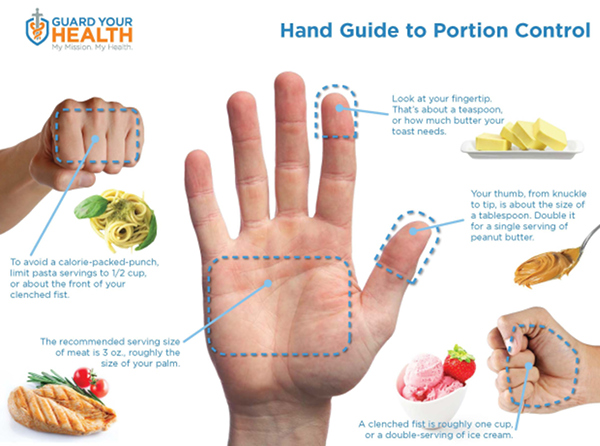Occasionally in my forays around the internet, which I don’t often have the time to do, but our internet was down at work today for a bit, and since we were having a discussion on another thread about protein ratios, and whther it was gms per lbs of LBM, or per kgs. of body weight or so on, I immediately ran into a beautiful post from one of the forums I occasionally “haunted” (for want of a better word!), since it is a bodybuilding site, and, although I am far from that (they are mostly young, male, and very muscular, and I am old, female and scrawny!) but Dr. Fung pointed me towards the leangains site, and it was just a normal progression to see what the eating/dieting tips were from people who have such incredible bodies.
Anyhow, this post, in response to someone asking about how to calculate his protein intake, was so incredible, and from a lady (I found out later) who is obviously well-educated, that I thought it deserved posting here:
From bodybuilding.com/forums:
posted by KataJojo:
“I received my graduate degree in molecular biolgoy with a specialty in biochemistry and here’s your mission, if you choose to accept it.
If you are trying to fine-tune your protein intake and be that specific about your nutritional (and weightlifting) goals, ALWAYS, ALWAYS use your lean mass as your standard if you are overweight or trying to lose fat. 1 gram per pound of BODY weight (discussed earlier in the post) is a very loosely defined standard, it isn't scientific, and it's there as an easy layperson's “get more than you need just to be safe” kind of measurement.
NOTE: It is EXTREMELY difficult, rather impossible, to be in two metabolic states at one time…meaning you can’t be in a state of serious (body-building) anabolism (building tissue) and continual (weight loss) catabolism (breakdown of tissue) at the same time. If you are overweight, it’s best (in order to keep all your joints, tendons, ligaments, immune system, etc.) healthy, to choose which to do first:
a) lose fat, then build muscle, or
b) build muscle, then lose fat.
While losing weight, in order to not sacrifice nutrients for long life and important human functions, choose a routine and a protein intake that will MAINTAIN your current lean mass while decreasing fat. Then, when your body fat is near to where you want it, begin your anabolic routine. Most don’t do this because of impatience, and there will be those who don’t believe it, but you will thank me later in life if you do. Here’s what you need:
-
Get your lean mass calculated by a professional. Dexa scans at a university work best, or hydrostatic weighing.
2.Take your LEAN BODY MASS and multiply it by the factors below for whatever exercise routine you mostly adhere to. If you are:
Sedentary (no physical activity): LBM x 0.5
Light activity (20-30 minutes of exercise 2-3 times/week): LBM x 0.6
Active (30-60 minutes 3-5 times a week): LBM x 0.7
Very active (more than 1 hour 5-7 times/week): LBM x 0.8-1.0
Training athlete (multiple workouts of more than 1 hour) : LBM xx 1.0-1.5
If you follow this you will get more than enough protein to remain nitrogen positive while also avoiding protein waste and kidney stress.

 But now it’s easier to see how you can get messed up by drinking protein powder shakes.
But now it’s easier to see how you can get messed up by drinking protein powder shakes.